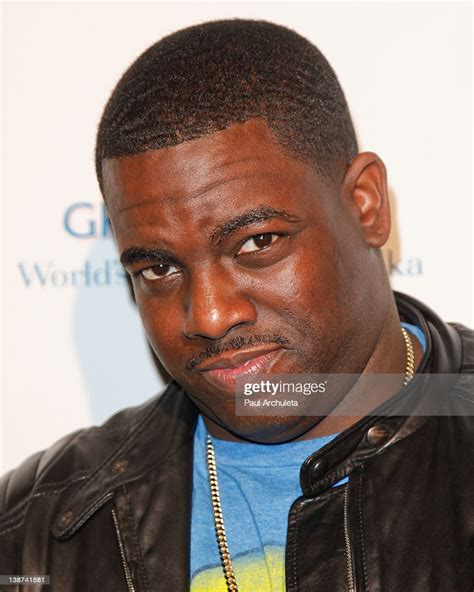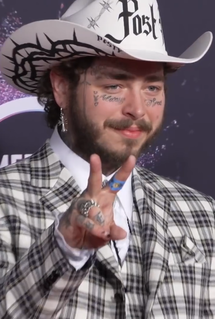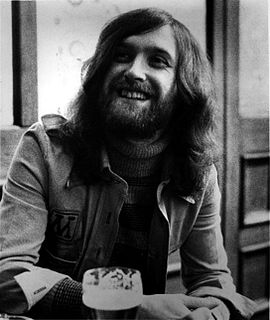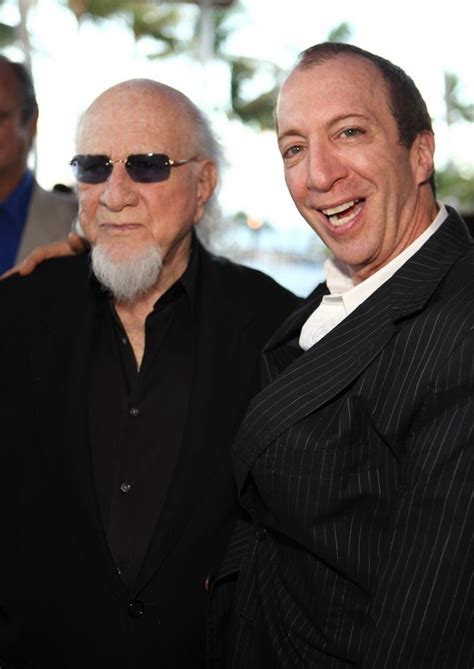A Quote by Warryn Campbell
The major labels, they roll with whatever is making money. I don't know if R&B turned into making banjo music and it sounded like blue grass, they'll buy it if it's selling.
Related Quotes
I wrote a post about wanting to buy a banjo - a $300 banjo, which is a lot of money, and I don't play instruments; I don't know anything about music. I like music, and I like banjos, and I think I probably heard Steve Martin playing, and I said, 'I could do that.' And I said to my husband, I said, 'Ben, can I buy a banjo?' And he's like, 'No.'
Technology has given us convenience, but at the same time it's making musicians work harder in that if you really want to make money making music and selling albums, you have to go out there and perform. And hope you sell stuff like merch, and get on YouTube, and all the other ancillary sort of things that go along with that.
I started making music... I guess I was 12, and I started playing 'Guitar Hero.' And you know, it got to a point where on expert, you can only exceed to a certain point. And so, you know, I was like, 'Let's play real guitar. Let's not waste more time.' So, I got my mom, I told her to buy me a guitar for Christmas, and I started making music then.
The music business is suffering because fewer artists are being invested in. Labels are putting in less money, taking fewer risks and signing half as many artists as they did 10 years ago. Everything is risk averse right now and there are two ways to deal with a business situation like this: either reduce your risk or increase your return. They're reducing their risk to the bone and looking for ways with their 360 deals to increase their return. They're still not making money. Artists are suffering. Labels, or music investors, are suffering.



































